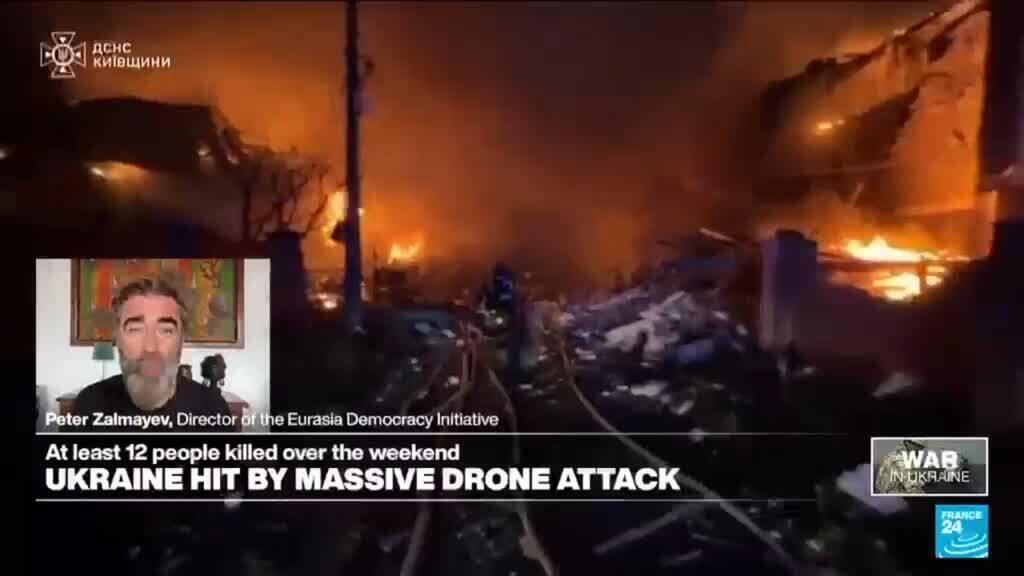In a recent interview with FRANCE 24, Ukrainian Energy Minister German Galushchenko expressed grave concerns regarding the increased military aggression from Russia. He characterized the latest wave of attacks as "the biggest attacks" since the onset of the conflict, emphasizing that the primary aim of these assaults is "just to kill Ukrainians." His statements underscore the escalating violence in the region and reflect the dire situation faced by civilians.
Galushchenko urged Western nations to respond promptly and decisively with stronger sanctions against Russia. He argued that the Kremlin is "not looking for peace" but rather continuing its campaign of aggression, which poses a severe threat to the safety and security of Ukrainian citizens. This urgent call for action seeks to rally international support to counter Russian military operations, which have intensified in recent weeks.
Moreover, the Energy Minister raised alarms about the possibility of a catastrophic incident at the Zaporizhzhia nuclear power plant, which is currently a focal point of concern due to its strategic significance and the ongoing conflict in the region. He warned of a potential "Fukushima scenario," referring to the devastating nuclear disaster in Japan in 2011. Galushchenko's comments highlight the critical need for immediate attention to the safety of nuclear facilities amidst ongoing military activities.
The situation at the Zaporizhzhia plant remains precarious, as it has been under Russian occupation since early in the war. Galushchenko's statement serves as a reminder of the vulnerabilities associated with nuclear facilities, particularly in war zones where military engagement could lead to disastrous consequences. The international community is thus faced with the challenge of mitigating risks while attempting to restore peace and stability in the region.
In summary, the interview with Galushchenko sheds light on the critical state of affairs in Ukraine, where heightened Russian aggression continues to threaten civilian lives and critical infrastructure. His urgent plea for more robust sanctions and attention to nuclear safety underscores the complexities of the ongoing conflict and the need for coordinated international response.












